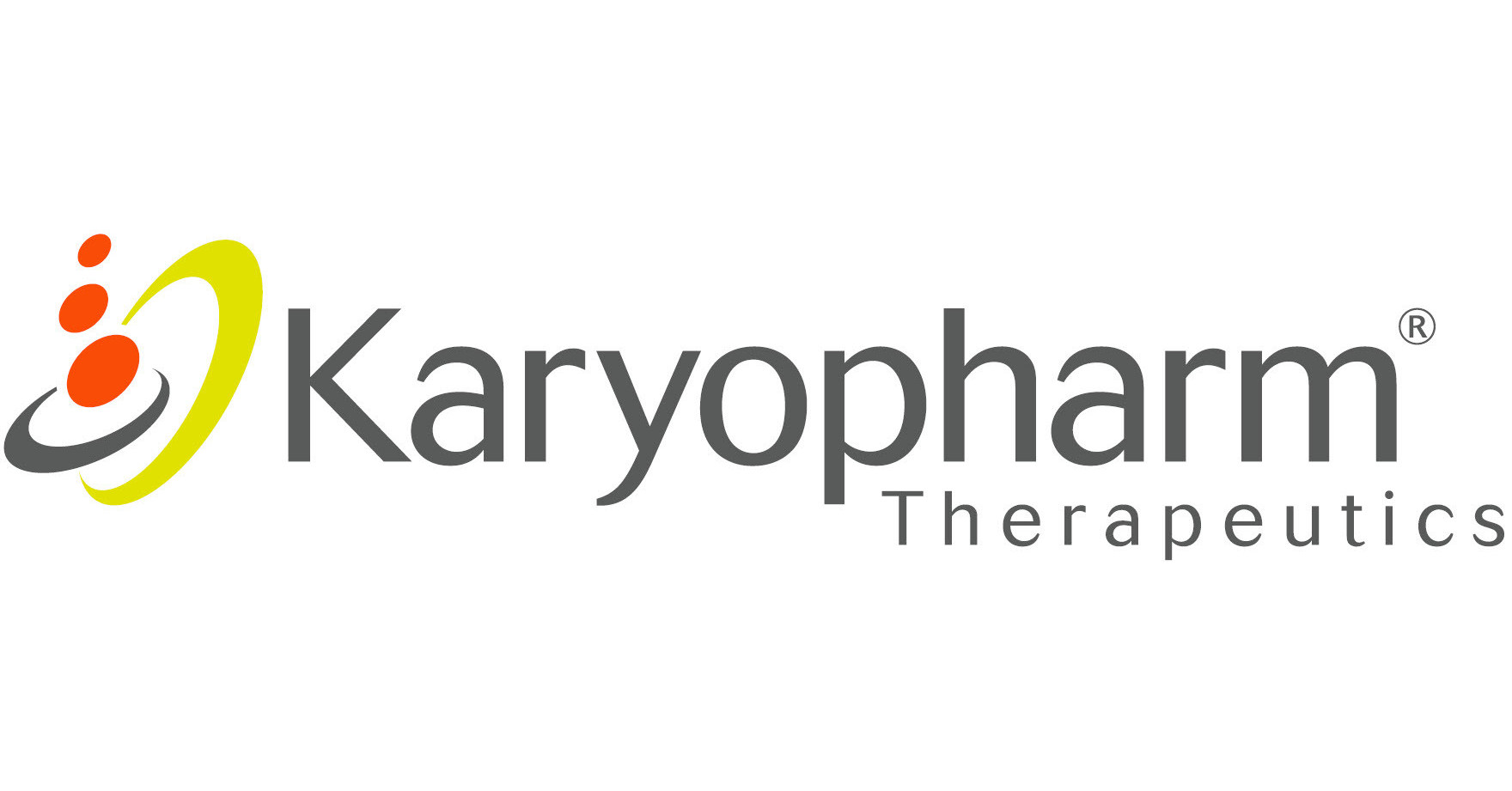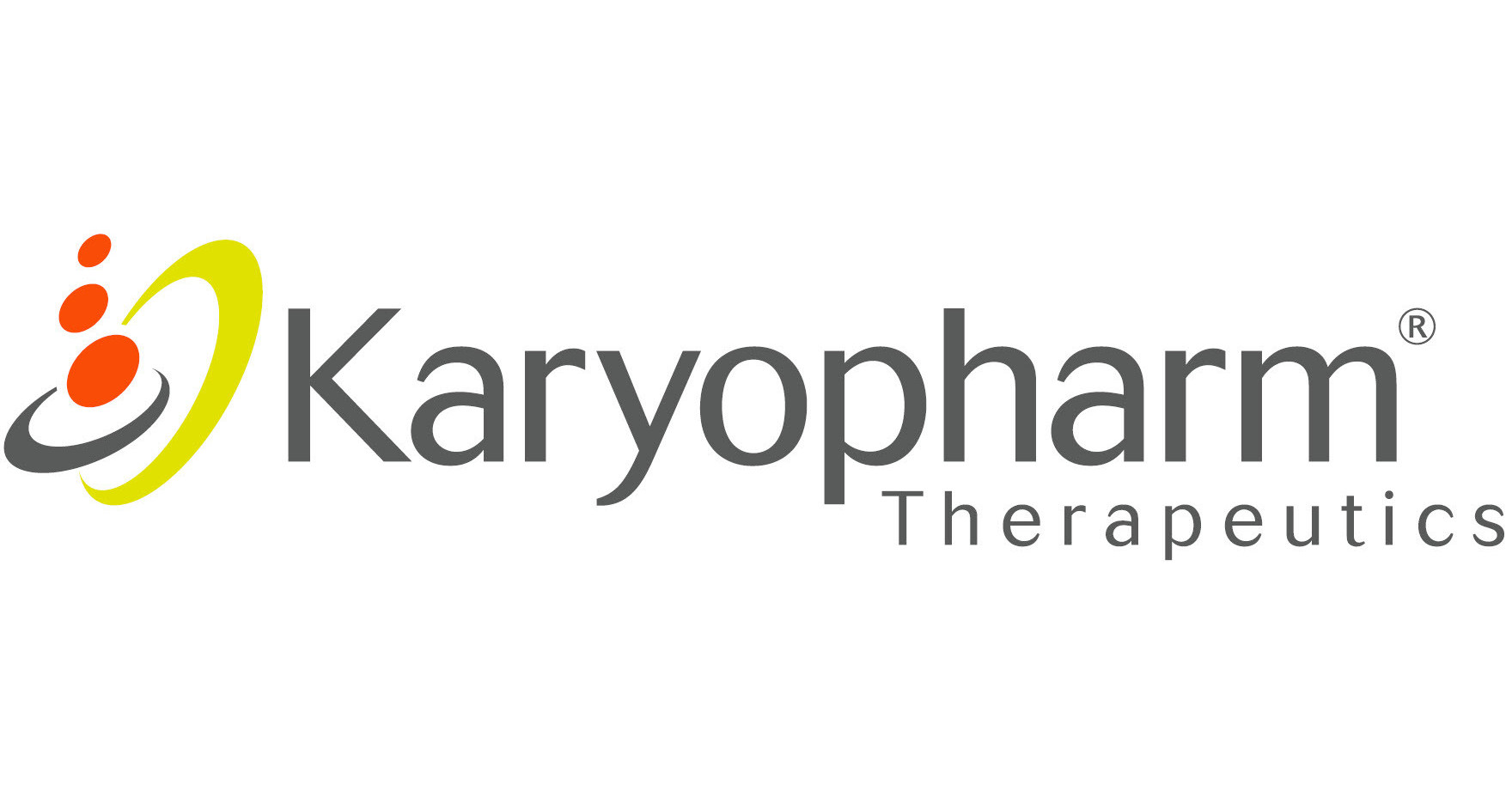Karyopharm Therapeutics Inc. Announces Reverse Stock Split

- Karyopharm Therapeutics Inc. (NASDAQ:KPTI) to undergo a 15-for-1 reverse stock split to increase per-share market price.
- The reverse stock split aims to meet Nasdaq's minimum bid price requirement for continued listing.
- Current stock price of KPTI is $0.57, with a year's high of $25.50 and a low of $0.5.
Karyopharm Therapeutics Inc. (NASDAQ:KPTI) is a biopharmaceutical company focused on developing innovative cancer therapies. On February 26, 2025, KPTI will undergo a reverse stock split at a ratio of 15-for-1. This strategic move is designed to consolidate shares, effectively increasing the per-share market price of KPTI's common stock.
The reverse stock split, approved by Karyopharm's stockholders on January 30, 2025, aims to help the company meet the minimum bid price requirement for continued listing on the Nasdaq Global Select Market. As highlighted by PR Newswire, the split will take effect at 5:00 p.m. Eastern Time on February 25, 2025, with trading on a split-adjusted basis commencing the following day.
Currently, KPTI's stock price is $0.57, reflecting a decrease of 4.10% with a change of -$0.02. The stock has fluctuated between a low of $0.55 and a high of $0.60 today. Over the past year, KPTI has experienced significant volatility, with a high of $25.50 and a low of $0.55.
Karyopharm's market capitalization is approximately $72.1 million, and the trading volume for KPTI is 1,330,711 shares on the NASDAQ exchange. The reverse stock split is expected to positively impact the stock's market performance by increasing its per-share price, potentially attracting more investors and stabilizing its market position.
| Symbol | Price | %chg |
|---|---|---|
| 207940.KS | 1018000 | 0.49 |
| 068270.KS | 176100 | 0.34 |
| 196170.KQ | 423500 | 1.06 |
| 091990.KQ | 75900 | 0 |

Karyopharm Therapeutics Inc. (NASDAQ:KPTI) Financial Analysis
Karyopharm Therapeutics Inc. (NASDAQ:KPTI) is a pharmaceutical company focused on the discovery and development of drugs for the treatment of cancer and other major diseases. The company's primary product is XPOVIO, which is used to treat multiple myeloma and other cancers.
Karyopharm operates in a competitive landscape with peers like MacroGenics, TG Therapeutics, Heron Therapeutics, Intra-Cellular Therapies, and Agios Pharmaceuticals. Karyopharm's Return on Invested Capital (ROIC) is -123.21%, which is significantly lower than its Weighted Average Cost of Capital (WACC) of 8.77%. This negative ROIC indicates that the company is not generating enough returns on its invested capital to cover its cost of capital. This inefficiency in capital utilization is a concern for investors.
In comparison, MacroGenics has a ROIC of -53.63% and a WACC of 12.09%, resulting in a ROIC to WACC ratio of -4.44. Although MacroGenics also struggles with negative returns, its ROIC is less negative than Karyopharm's. This suggests that while both companies face challenges, Karyopharm's situation is more severe.
TG Therapeutics stands out with a positive ROIC of 7.85% against a WACC of 15.27%, resulting in a ROIC to WACC ratio of 0.51. This indicates that TG Therapeutics is the only company among the peers generating returns that exceed its cost of capital. This efficiency in capital utilization makes TG Therapeutics a more attractive option for investors compared to Karyopharm and its other peers.
Heron Therapeutics, Intra-Cellular Therapies, and Agios Pharmaceuticals also have negative ROICs, with ratios of -8.34%, -10.08%, and -24.94% respectively. Their WACC figures are 8.87%, 7.29%, and 8.10%, leading to ROIC to WACC ratios of -0.94, -1.38, and -3.08. These figures highlight the broader challenge in the industry, where most companies are struggling to generate returns above their cost of capital.

Karyopharm Therapeutics Inc. (NASDAQ:KPTI) Financial Analysis
Karyopharm Therapeutics Inc. (NASDAQ:KPTI) is a pharmaceutical company focused on the discovery and development of drugs for the treatment of cancer and other major diseases. The company's primary product is XPOVIO, which is used to treat multiple myeloma and other cancers.
Karyopharm operates in a competitive landscape with peers like MacroGenics, TG Therapeutics, Heron Therapeutics, Intra-Cellular Therapies, and Agios Pharmaceuticals. Karyopharm's Return on Invested Capital (ROIC) is -123.21%, which is significantly lower than its Weighted Average Cost of Capital (WACC) of 8.77%. This negative ROIC indicates that the company is not generating enough returns on its invested capital to cover its cost of capital. This inefficiency in capital utilization is a concern for investors.
In comparison, MacroGenics has a ROIC of -53.63% and a WACC of 12.09%, resulting in a ROIC to WACC ratio of -4.44. Although MacroGenics also struggles with negative returns, its ROIC is less negative than Karyopharm's. This suggests that while both companies face challenges, Karyopharm's situation is more severe.
TG Therapeutics stands out with a positive ROIC of 7.85% against a WACC of 15.27%, resulting in a ROIC to WACC ratio of 0.51. This indicates that TG Therapeutics is the only company among the peers generating returns that exceed its cost of capital. This efficiency in capital utilization makes TG Therapeutics a more attractive option for investors compared to Karyopharm and its other peers.
Heron Therapeutics, Intra-Cellular Therapies, and Agios Pharmaceuticals also have negative ROICs, with ratios of -8.34%, -10.08%, and -24.94% respectively. Their WACC figures are 8.87%, 7.29%, and 8.10%, leading to ROIC to WACC ratios of -0.94, -1.38, and -3.08. These figures highlight the broader challenge in the industry, where most companies are struggling to generate returns above their cost of capital.

Karyopharm Therapeutics Inc. Announces Reverse Stock Split
- Karyopharm Therapeutics Inc. (NASDAQ:KPTI) to undergo a 15-for-1 reverse stock split to increase per-share market price.
- The reverse stock split aims to meet Nasdaq's minimum bid price requirement for continued listing.
- Current stock price of KPTI is $0.57, with a year's high of $25.50 and a low of $0.5.
Karyopharm Therapeutics Inc. (NASDAQ:KPTI) is a biopharmaceutical company focused on developing innovative cancer therapies. On February 26, 2025, KPTI will undergo a reverse stock split at a ratio of 15-for-1. This strategic move is designed to consolidate shares, effectively increasing the per-share market price of KPTI's common stock.
The reverse stock split, approved by Karyopharm's stockholders on January 30, 2025, aims to help the company meet the minimum bid price requirement for continued listing on the Nasdaq Global Select Market. As highlighted by PR Newswire, the split will take effect at 5:00 p.m. Eastern Time on February 25, 2025, with trading on a split-adjusted basis commencing the following day.
Currently, KPTI's stock price is $0.57, reflecting a decrease of 4.10% with a change of -$0.02. The stock has fluctuated between a low of $0.55 and a high of $0.60 today. Over the past year, KPTI has experienced significant volatility, with a high of $25.50 and a low of $0.55.
Karyopharm's market capitalization is approximately $72.1 million, and the trading volume for KPTI is 1,330,711 shares on the NASDAQ exchange. The reverse stock split is expected to positively impact the stock's market performance by increasing its per-share price, potentially attracting more investors and stabilizing its market position.

Karyopharm Therapeutics Inc. (NASDAQ:KPTI) Financial Efficiency Analysis
Karyopharm Therapeutics Inc. (NASDAQ:KPTI) is a pharmaceutical company focused on developing and commercializing innovative medicines for cancer and other major diseases. The company's primary product is XPOVIO, a drug used to treat multiple myeloma and other cancers. Karyopharm operates in a competitive landscape alongside peers like MacroGenics, TG Therapeutics, Heron Therapeutics, Intra-Cellular Therapies, and Agios Pharmaceuticals.
In evaluating Karyopharm's financial efficiency, the Return on Invested Capital (ROIC) is a critical metric. Karyopharm's ROIC stands at -123.21%, which is significantly lower than its Weighted Average Cost of Capital (WACC) of 23.53%. This results in a ROIC to WACC ratio of -5.24, indicating that the company is not generating sufficient returns to cover its cost of capital, a red flag for investors.
Comparatively, MacroGenics has a ROIC of -53.63% and a WACC of 12.14%, leading to a ROIC to WACC ratio of -4.42. While still negative, MacroGenics is slightly more efficient than Karyopharm in managing its capital. TG Therapeutics, with a ROIC of -0.11% and a WACC of 14.84%, achieves the highest ROIC to WACC ratio among the peers at -0.0076, suggesting better capital management.
Heron Therapeutics and Intra-Cellular Therapies also show negative ROIC to WACC ratios of -2.28 and -1.38, respectively. Despite these negative figures, they are more favorable compared to Karyopharm's performance. Agios Pharmaceuticals, with a ROIC of -24.94% and a WACC of 8.24%, has a ROIC to WACC ratio of -3.03, again outperforming Karyopharm in this metric.
Overall, while all companies in this peer group are generating returns below their cost of capital, TG Therapeutics stands out with the least negative ROIC to WACC ratio. This suggests that TG Therapeutics is relatively more efficient in managing its capital compared to Karyopharm and other peers.

Karyopharm Therapeutics Inc. (NASDAQ:KPTI) Financial Efficiency Analysis
Karyopharm Therapeutics Inc. (NASDAQ:KPTI) is a pharmaceutical company focused on developing and commercializing innovative medicines for cancer and other major diseases. The company's primary product is XPOVIO, a drug used to treat multiple myeloma and other cancers. Karyopharm operates in a competitive landscape alongside peers like MacroGenics, TG Therapeutics, Heron Therapeutics, Intra-Cellular Therapies, and Agios Pharmaceuticals.
In evaluating Karyopharm's financial efficiency, the Return on Invested Capital (ROIC) is a critical metric. Karyopharm's ROIC stands at -123.21%, which is significantly lower than its Weighted Average Cost of Capital (WACC) of 23.53%. This results in a ROIC to WACC ratio of -5.24, indicating that the company is not generating sufficient returns to cover its cost of capital, a red flag for investors.
Comparatively, MacroGenics has a ROIC of -53.63% and a WACC of 12.14%, leading to a ROIC to WACC ratio of -4.42. While still negative, MacroGenics is slightly more efficient than Karyopharm in managing its capital. TG Therapeutics, with a ROIC of -0.11% and a WACC of 14.84%, achieves the highest ROIC to WACC ratio among the peers at -0.0076, suggesting better capital management.
Heron Therapeutics and Intra-Cellular Therapies also show negative ROIC to WACC ratios of -2.28 and -1.38, respectively. Despite these negative figures, they are more favorable compared to Karyopharm's performance. Agios Pharmaceuticals, with a ROIC of -24.94% and a WACC of 8.24%, has a ROIC to WACC ratio of -3.03, again outperforming Karyopharm in this metric.
Overall, while all companies in this peer group are generating returns below their cost of capital, TG Therapeutics stands out with the least negative ROIC to WACC ratio. This suggests that TG Therapeutics is relatively more efficient in managing its capital compared to Karyopharm and other peers.







